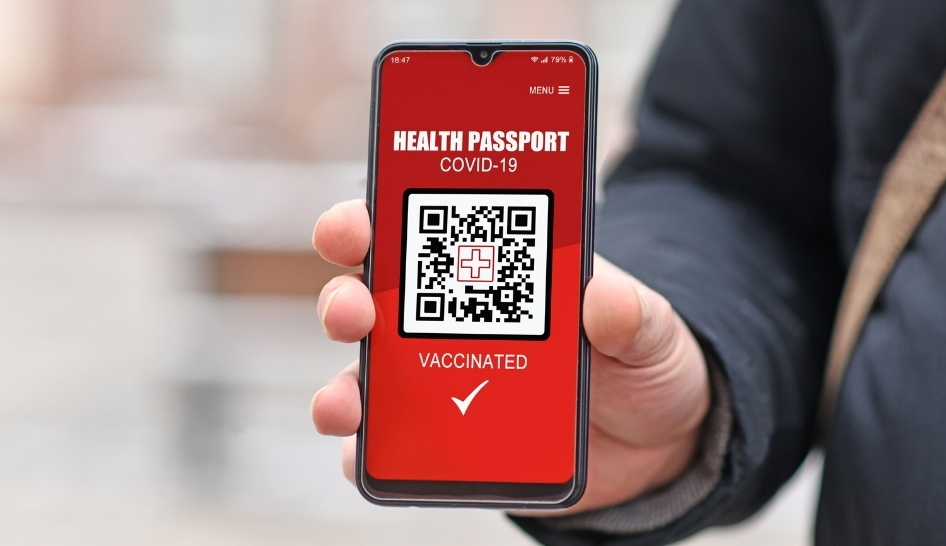Requiring the Vaccine for Entry or Access to Your Gym
Can you require members to have a vaccine to access all—or part—of your club?
In this scenario, a club may require visitors to sign a document declaring they have been vaccinated or provide proof of vaccination to join or visit the facility. Legally, according to Karla Grossenbacher, chair of labor and employment practice at Seyfarth Shaw LLP, there may be more leeway here than with employees.
Title III of the ADA prohibits public accommodations—and fitness centers are considered public accommodations—from “applying eligibility factors that screen out, or tend to screen out, individuals with disabilities or denies them the opportunity to participate in or benefit from a good or service.” It is unclear how vaccination status would be judged, and according to lawyers at Holland & Knight LLP, there is no existing case law applying Title III to vaccine mandates or preferences.
Title III does allow businesses to put legitimate safety measures in place as long as they are based on actual risks, not speculation or stereotyping. The business may also exclude a person where it can be determined they pose a “direct threat” to others health and safety. However, according to the Center for Association Leadership, the latter provision is often interpreted narrowly, to “where the risk cannot be reduced or eliminated to acceptable levels.” Given the relative safety of health and fitness clubs, this provision may make mandating a vaccine challenging. In other words, it is not yet legally clear whether the ADA will or will not allow limitations based on vaccination status of your members.
Assuming it is legal, should you require members to be vaccinated?
These decisions can have a significant impact on your business and relationships with your members. Requiring customers to have a vaccine—especially in settings where demand exceeds supply—can create significant consumer backlash. This is in addition to issues surrounding religious objections, medical exemptions, or philosophical refusal of vaccines. The latter, in particular, can be divisive.
Additionally, given the relative safety of fitness centers throughout the pandemic, requiring member vaccination may contradict previous arguments around club safety and may only be helpful for specific types of clubs, studios, or classes. Requiring members to be vaccinated is not the only strategy for easing back restrictions in the club, and as of this writing, health authorities have not issued guidance around what vaccinated people can safely do outside of private gatherings and travel.
See “5 Considerations for Rolling Back Your Gym’s COVID Protocols.”
Vaccine Passports & Your Gym’s App
Vaccine passports are another issue moving to the forefront. These “passports” are essentially an easily verifiable proof of inoculation. Entertainment venues, such as Madison Square Garden in New York City, have begun requiring proof of vaccination to enter. Many industries are weighing the use of vaccine passports, and the U.S. government is reportedly working with the private sector to develop one. However, some health authorities have expressed concerns about such passports, a number of businesses may be wary of them, and the state of Florida has banned the use of vaccine passports.


